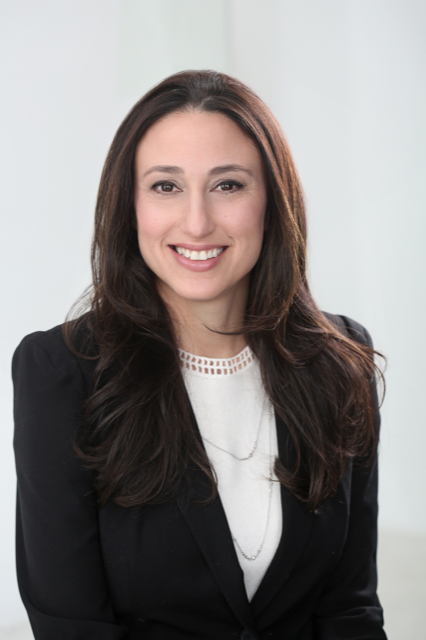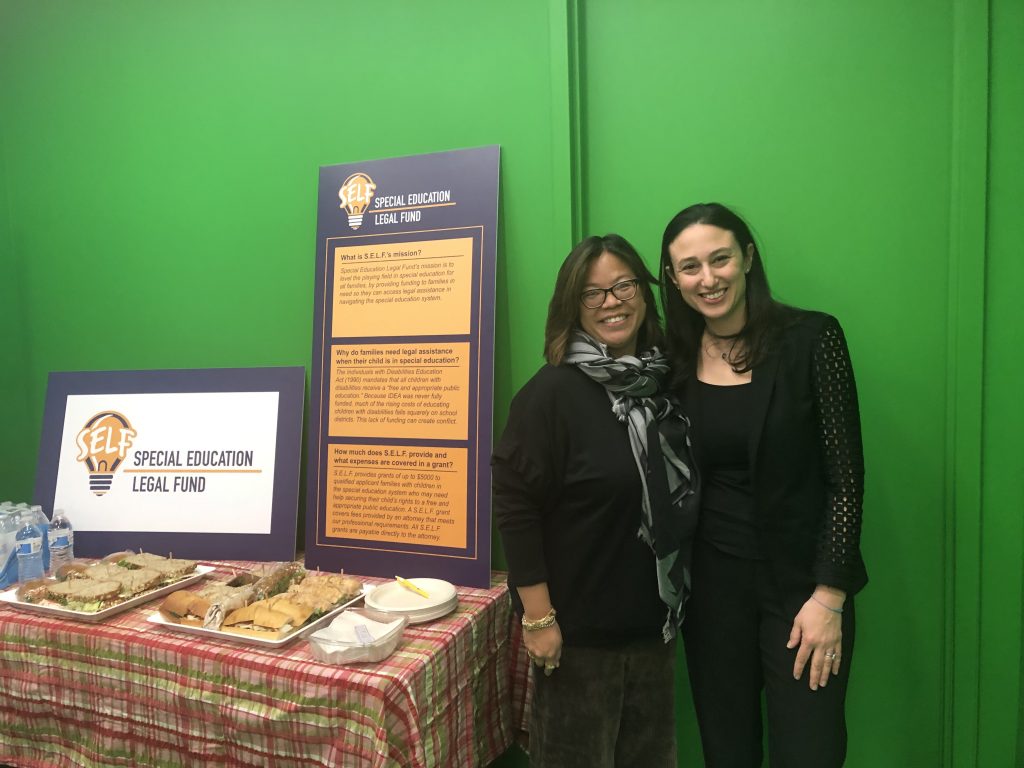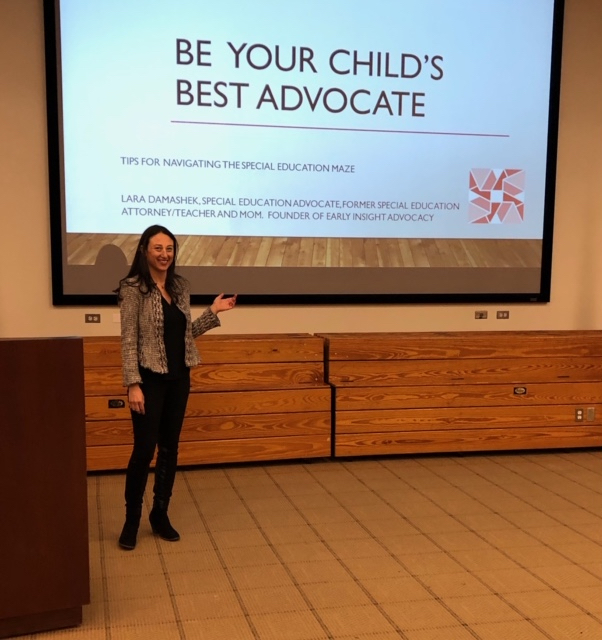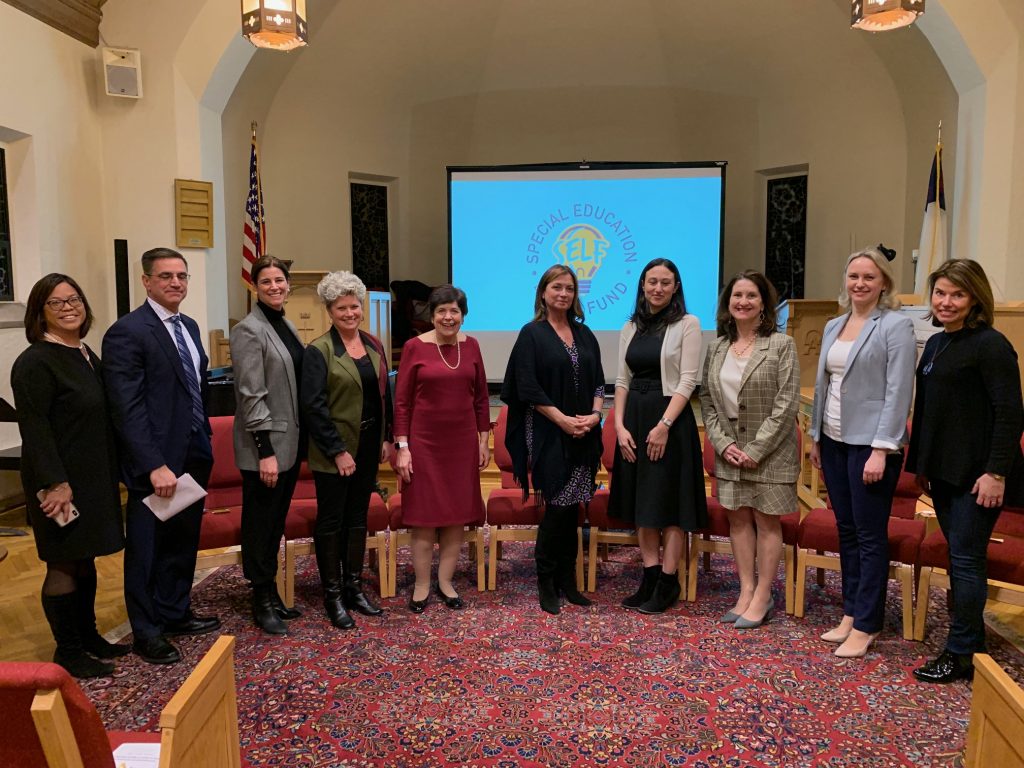
Lara Damashek is a Special Education Advocate with Early Insight Advocacy in Greenwich, Connecticut. Lara uses her experience as a special education attorney, public school teacher, and mother to advocate for children with particular educational needs. Lara’s understanding of parents is enhanced by her own experience of navigating early intervention and preschool-level services for her own son. Lara is also a member of the Board of Directors of Special Education Legal Fund where her expertise as a special education attorney and now special education advocate has been especially valuable.



When I moved out of the city, it became obvious to me why hiring an advocate as opposed to an attorney could be a desirable option. Unlike the overwhelmingly large school district of New York City, the smaller suburban school districts seem better positioned to come closer to meeting the needs of all their children. Families often choose the towns they move to based on the reputation of the school district. As a result, when a family moves to one of these towns, and realizes that their child has special education needs, the family generally higher expectations of the school district. After all, shouldn’t a well funded, highly regarded school district have the resources to provide for one’s child and their particular educational needs? Hopefully, yes. Therefore, most parents want to give the school district the benefit of the doubt, and work with the district to provide the necessary supports. Also, because of the smaller size of the community, and the smaller atmosphere of the school, parents often shy away from an adversarial relationship with the school and school district.
School districts are essentially “co-parents” with the family over the course of their time in the school system. For families with children in special education, that period can span the years from age 3 to age 21. Parents who can may want to maintain an amiable working relationship with their school district, and in those cases, it may be in their best interests to holding off on an attorney. Because as soon as the parent notifies the district that the student and family are represented by a special education attorney, the nature of the relationship between the two has changed, sometimes irrevocably so. In fact, once parents have an attorney representing them, the school district must bring their own attorney to all subsequent meetings.
Therefore, if you the parent are hopeful that the school may do right by your child – with a little pushing on your part – you may want to hold off on retaining counsel.
A good advocate can help a family retain a collaborate relationship with their school district. Good school districts generally take pride in their efforts to provide for all children. The involvement of a special education advocate can help a family support their child and keep the school district on task, all while maintaining a generally more collaborative relationship than what would exist with a special education attorney in the mix. In many cases, hiring an educational advocate who is well versed in special education law can help make the process of obtaining a free and appropriate public education proceed more smoothly and in a more productive manner. A good advocate will help educate you about what you are entitled to, and help you to present your child’s needs in a way that optimizes your pursuit of appropriate interventions, while still preserving a good relationship between you and the district.
Showing up to an IEP meeting with an advocate does not generally signal to the school that you are embarking on an adversarial relationship. Generally, a school district will not bring their attorney to the IEP meeting if you are bring someone who is strictly an advocate and not a practicing attorney. A good IEP team should not be defensive if the parent chooses to bring an advocate as support. Rather, school officials and administrators will likely tread with more caution in your child’s case. The school district knows, or should know, that if they act out of compliance, or fail to respect procedural safeguards, this parent is informed and aware of their rights. “We should be extra diligent with this family. They know what they’re doing.”
What if my family can’t afford an advocate? The advice and support of a special education advocate can be out of reach for many families. Although advocates usually charge on an hourly basis and generally are less costly than attorneys, the cost of hiring an advocate to help your family in the special education process can definitely add up to a significant expense. FAVOR is an organization that provides direct peer support services to families with children who have medical, mental, or behavioral health challenges. FAVOR’s family support specialists are trained and assist families who need to navigate the special education system by providing support and guidance as well as in person support at meetings. SPEDConnecticut is another great organization in Connecticut that provides families of children with disabilities the support necessary to navigate the educational system.
Wealthspire Advisors is an independent registered investment adviser and subsidiary of NFP Corp, currently overseeing approximately $29.3 billion in Assets Under Management* and firmly committed to serving clients in a fiduciary capacity. Though our size means we have a variety of clients, we work most extensively with high net worth and ultra-high net worth individuals and families. We lead with planning that is tailored to meet the goals and needs of our clients, we invest with a long-term approach that focuses on a disciplined strategy and avoids emotional decision-making, and we aim to simplify lives by coordinating seamlessly with outside advisors and building our client teams around a collaborative structure.
* Reflects combined data as of 12/31/2024 for Wealthspire Advisors LLC and its subsidiaries.